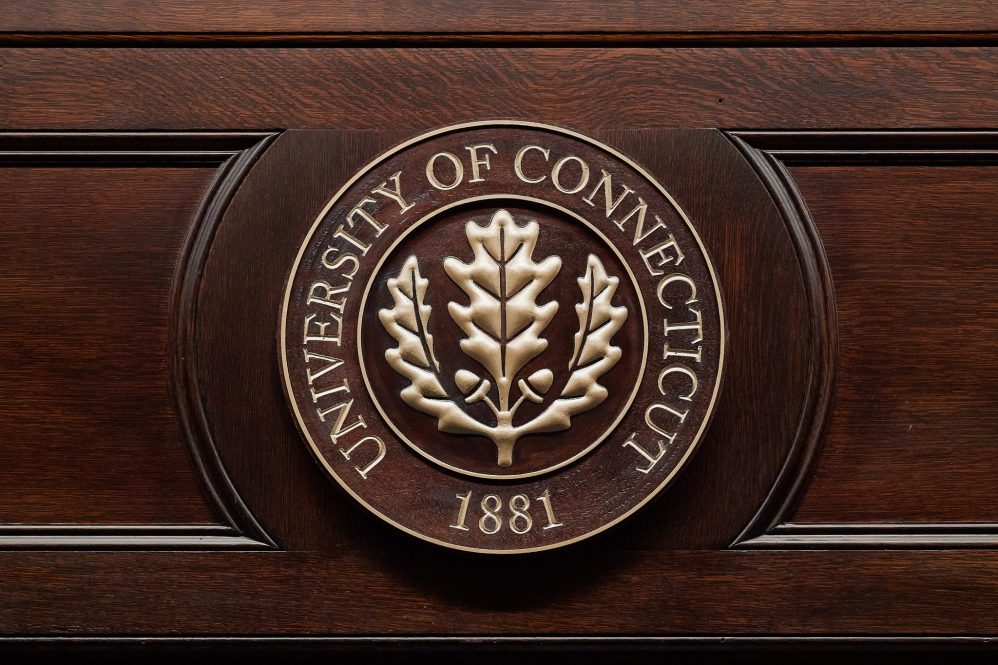Four University of Connecticut faculty members have been elected by the American Association for the Advancement of Science (AAAS) to its newest class of fellows. The AAAS is the world’s largest general scientific society and publisher of the Science family of journals.
The four are:
* Bahram Javidi, a professor in the Department of Electrical and Computer Engineering Department in the School of Engineering
* James Magnuson, a professor in the Department of Psychological Sciences in the College of Liberal Arts and Sciences
* Wolfgang Peti, a professor in the Department of Molecular Biology and Biophysics at UConn School of Medicine
* Anthony Vella, a professor and chair of the Department of Immunology at UConn School of Medicine and the Senior Associate Dean for Research Planning and Coordination
Javidi’s interests are in a broad range of transformative imaging approaches using optics and photonics, and he has made seminal contributions to passive and active multi-dimensional imaging from nano to micro and macro scales.
Magnuson’s research interests include the neurobiology and psychology of language, including processing, development, and disorders of spoken and written language. He uses computational models as theory-building tools and develops a comprehensive understanding of language and learning from cognitive, neural, and genetic perspectives through interdisciplinary collaborations.
Peti’s research gains insights to better understand the molecular basis of essential biological processes. It centers on a molecular and cellular understanding of eukaryotic and prokaryotic protein signaling pathways. His long-term goal is to achieve an in-depth understanding of signaling networks by using chemical, biochemical, biophysical, structural biology, especially NMR spectroscopy, X-ray crystallography and cryo-EM, combined with powerful cellular technologies.
Vella’s laboratory research focuses on several aspects of T cell and inflammation biology with the aim to uncover how T cells function, so that these important immune cells can be guided, and their behavior controlled.
The latest class of AAAS Fellows includes 506 scientists, engineers, and innovators spanning 24 scientific disciplines who are being recognized for their scientifically and socially distinguished achievements. AAAS first started naming Fellows in 1874.
The AAAS is the publisher of the journal Science, as well as Science Translational Medicine; Science Signaling; a digital, open-access journal, Science Advances; Science Immunology; and Science Robotics. AAAS was founded in 1848 and includes more than 250 affiliated societies and academies of science, serving 10 million individuals. The nonprofit AAAS is open to all and fulfills its mission to “advance science and serve society” through initiatives in science policy, international programs, science education, public engagement, and more.



